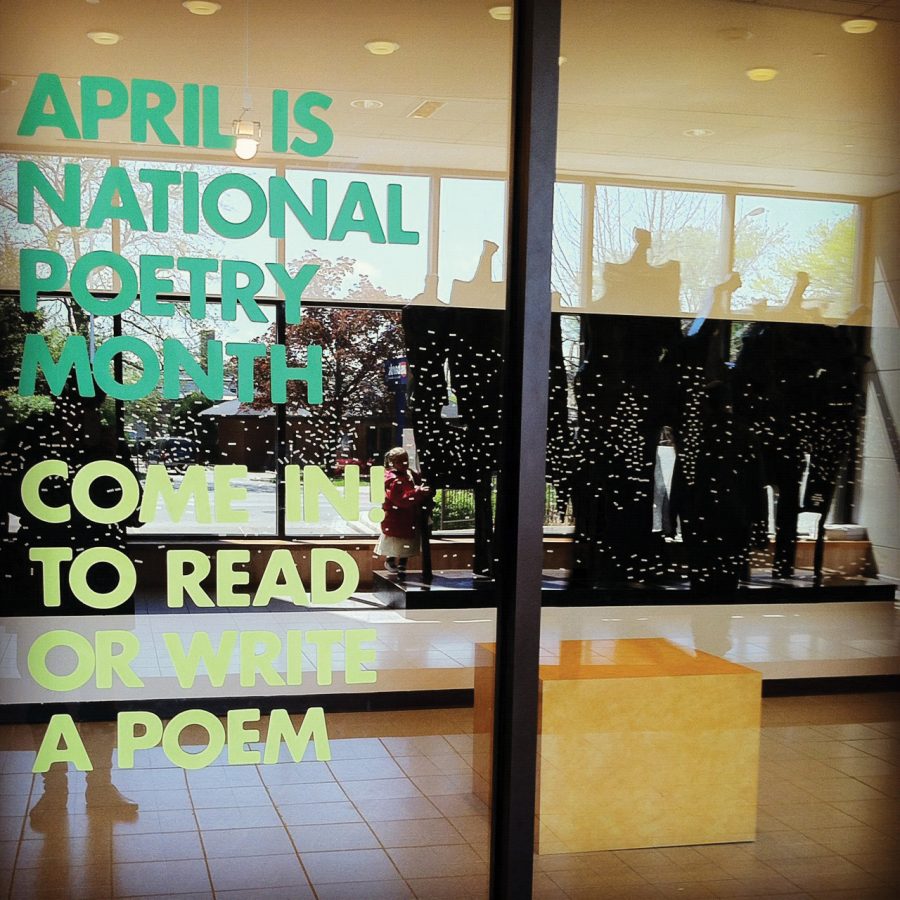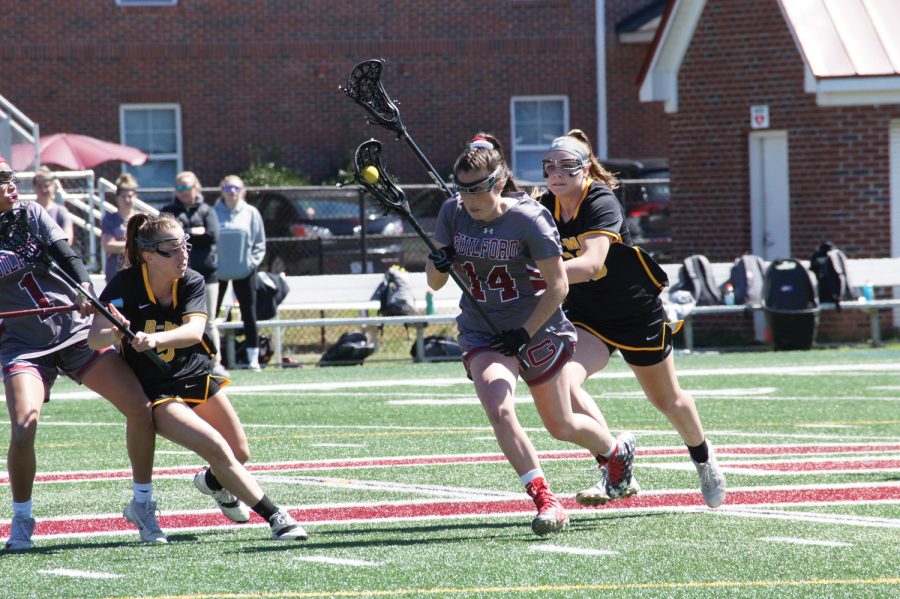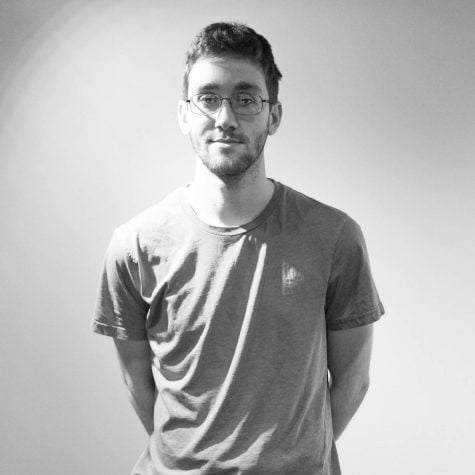When someone says the word “ally,” what thoughts come to mind?
Some may conjure up an image of Winston Churchill, Franklin D. Roosevelt and Joseph Stalin, the leaders of the Allied Powers, sitting together in Yalta near the end of World War II. Others may refer to a more recent definition of the word: a person who stands with and advocates on behalf of marginalized groups of people.
Though it might not seem the case, I think these two examples share a lot in common.
And that might not be such a good thing.
Nearly 75 years ago, the Allies had a simple and common goal to defeat Nazi Germany and stem the tide of global fascism. They succeeded and arguably made the world a better place.
Yet, these nations were not acting exclusively for the betterment of mankind. The alliance was a product of self-interest.
The motivations of the Allied nations were starkly different. The U.S. and U.K. sought to protect democratic hegemony and restore the balance of power in Europe. The Soviet Union wanted to expand its Communist sphere of influence.
It’s no surprise the postwar world wound up in the middle of a new global conflict.
I feel things are similar for alliances made in modern times. There are people who pretend to be allies of marginalized people — namely those in communities of color or LGBTQA communities — because it’s in their self-interest.
And let’s face it, those people are almost always like me: straight, white and cisgendered.
How might our goals misalign?
A young undocumented adult in the U.S. today has, for example, a very real interest in fighting for the rights of all undocumented people. They write congressmen, assemble for protests and get politically involved out of self-interest, yes, but also because they truly understand how stacked odds and circumstances impact people like themselves on a daily basis.
An ally of undocumented people, on the other hand, might have motives which have nothing to do with the cause. They might call themselves an ally to reap political benefits when they run for office or personally profit when employers see their volunteer history on a resume.
At the end of the day, allies have a lot of incentives to call themselves such but few to actually work and help the people that they claim to support.
I’m no different. Even counting the writing and editing I’ve done for The Guilfordian, it’s safe to say that I too am an ally that’s all bark and no bite.
But the idea of being an ally shouldn’t matter.
Caring about social justice shouldn’t amount to performing “ally theater,” as writer Princess Harmony Rodriguez called it a 2015 article for Black Girl Dangerous. Likes and favorites on social media do nothing for a cause but give you personal gratification.
Straight, white, cisgendered people like me who aspire to be allies to people with disabilities, the religiously persecuted, those living below the poverty line and the list of other disadvantaged groups in society need to practice instead of preach.
There’s plenty of ways to start.
You can volunteer your time and resources for people and causes. You might find yourself teaching and caring for kids, phone banking, carpooling, buying supplies and much more. What’s often overlooked is how simply empathizing and listening to others helps too.
One must constantly, but perhaps not publicly, question and critique their thoughts, actions and words. An internal monologue helps people recognize harmful behaviors.
There are a few other things to remember.
You will make mistakes. Expect to learn from them.
The work isn’t easy. Some decisions may put you in harm’s way or leave you with fewer friends.
Very importantly, an ally should never be the center of attention. Likewise, an ally should take it upon themselves to begin doing what is right and not wait for others.










